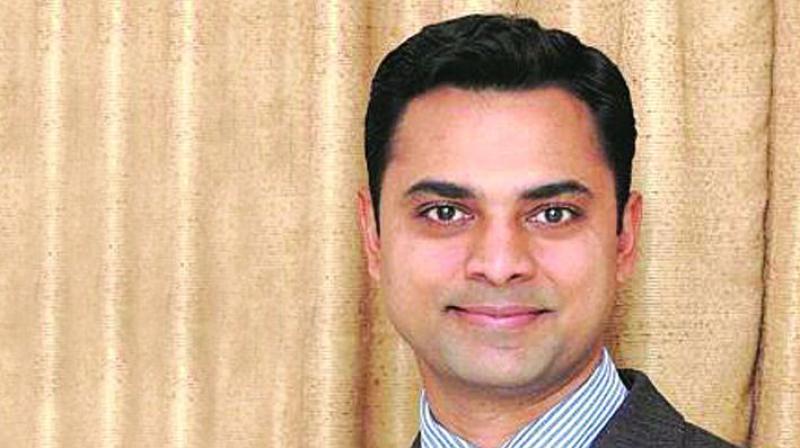Stimulus hopes fade after Chief Economic Adviser sermon
Subramanian sees moral hazard in giving relief.

Government intervention in the private sector creates a moral hazard, India’s Chief Economic Adviser warned, a statement that could temper expectations of a stimulus for cash-strapped Indian businesses.
Speaking in New Delhi on Thursday, Krishnamurthy Subramanian said India has been a market economy since 1991, when it opened up to foreign competition. Sectors in market economies run through the spectrum of a sunrise-to-sunset phase, after which many businesses tend to fade away, he said.
“I think we expect the government to use taxpayers money to intervene every time there is a sunset phase,” Subramanian said. “You introduce possible moral hazard from too-big-to-fail and possibility of a situation where profits are private and losses are socialised, which is basically an anathema to the way the market economy functions.”
Calls for a fiscal boost from the government for sectors like automobiles have been growing in the past few weeks after the budget from Finance Minister Nirmala Sitharaman failed to provide much of a support to either consumption or investment. Both have dragged down growth in India, which slowed to a five-year low of 5.8 per cent in the January to March period.
Latest high frequency indicators show that there are little signs of a recovery. The central bank has cut interest rates and lowered its forecast for gross domestic product growth to 6.9 per cent for the year to March from 7 per cent, noting that risks were tilted toward the downside.
The subdued growth numbers won’t be surprising given auto sales have fallen off the cliff and spending on hair oil to biscuits have waned as consumers fret over their jobs amid a broader global slowdown. A shadow-banking crisis has also weighed on private consumption which contributes nearly 60 per cent to GDP.

